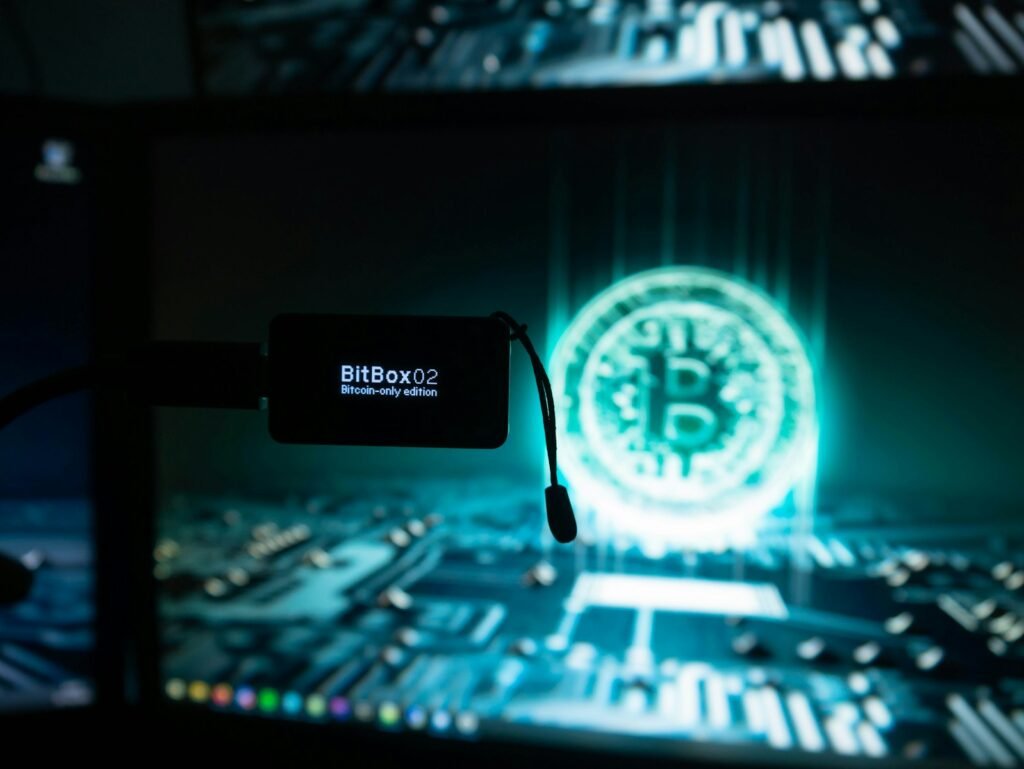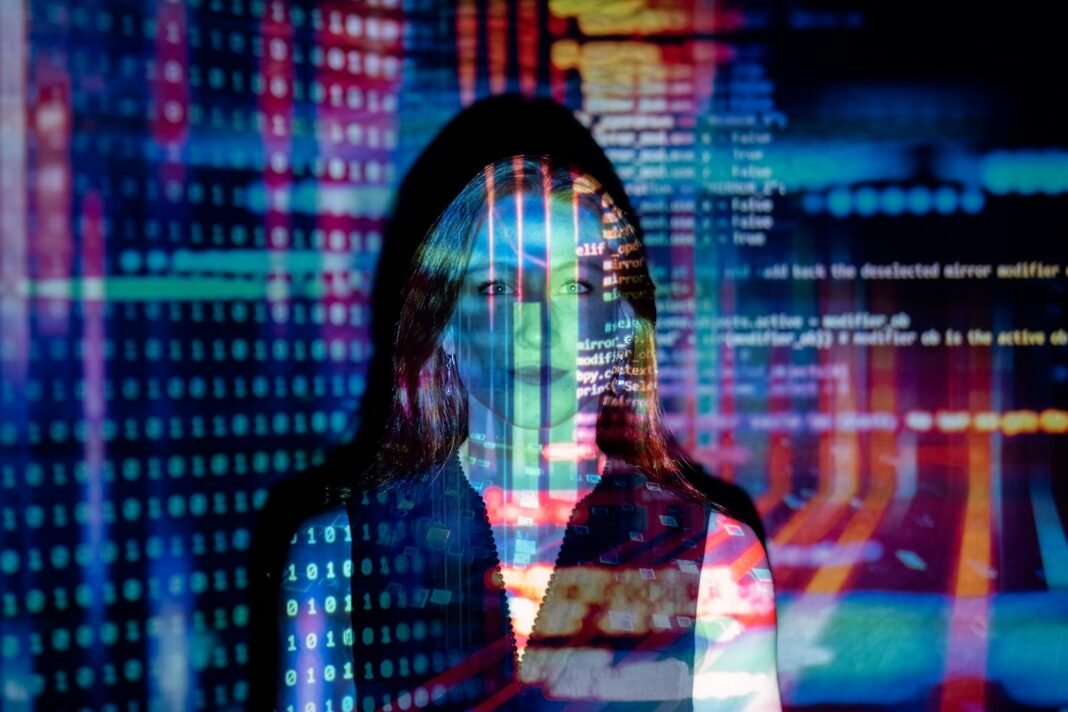In the world of technology, two innovations have captured the imagination of industries and individuals alike: blockchain and artificial intelligence (AI). Each is transformative on its own, but what happens when they converge? The idea of blockchain and AI integration is gaining traction as experts explore how these technologies can complement each other to solve complex challenges and unlock new possibilities. While blockchain offers decentralization, transparency, and security, AI brings predictive power, automation, and data-driven insights. Together, they could address each other’s limitations and create systems that are not only intelligent but also trustworthy and resilient. In this article, we’ll delve into the synergies between blockchain and AI, the real-world applications already emerging, and the potential hurdles to widespread adoption.
Also Read: CEX vs DEX: Which Crypto Exchange Is Right for You?
Why Blockchain and AI Are Stronger Together
At first glance, blockchain and AI might seem like unlikely partners. Blockchain is often associated with cryptocurrencies and decentralized record-keeping, while AI is linked to machine learning, automation, and data analysis. However, their strengths are highly complementary. Blockchain addresses AI’s trust issues. AI models rely on vast amounts of data, but the source and integrity of that data are often unclear. Blockchain can provide an immutable record of data provenance, ensuring that the information used to train AI models is transparent and tamper-proof. AI enhances blockchain’s capabilities. Blockchain networks generate enormous amounts of data. AI can analyze this data to identify patterns, optimize network performance, and even detect fraudulent activities in real-time. Together, they enable decentralized AI. By combining blockchain’s distributed architecture with AI’s computational power, it’s possible to create systems where AI models are trained and deployed across multiple nodes without centralized control, promoting fairness and reducing bias. This synergy isn’t just theoretical, and it’s already driving innovation across industries.
Also Read: Crypto Wallets: Hot vs Cold Storage Comparison
Key Areas of Integration
The collaboration between blockchain and AI is unfolding in several impactful ways. One significant area is data security and integrity. AI systems depend on high-quality data to function effectively. Blockchain can ensure that the data used to train AI models is accurate and untampered with. For example, in healthcare, patient data stored on a blockchain can be used to train diagnostic AI tools with confidence in its authenticity. Another area is decentralized marketplaces for data and AI models. Blockchain enables the creation of decentralized platforms where users can buy, sell, or share data and AI models securely. This empowers individuals to retain ownership of their data while allowing AI developers to access diverse datasets for training purposes. Smart contracts with AI logic represent another promising integration. Integrating AI into smart contracts can make them more dynamic and responsive. For instance, an insurance smart contract could use AI to analyze real-time data and automatically adjust payouts based on predefined conditions, such as weather patterns or market trends. Finally, AI-optimized blockchain networks are becoming a reality. AI can improve the efficiency of blockchain networks themselves. Machine learning algorithms can predict network congestion, optimize energy consumption in consensus mechanisms, and enhance security by identifying suspicious activities faster than traditional methods.
Also Read: How to Buy Bitcoin: Step‑by‑Step Tutorial

Real-World Applications
The integration of blockchain and AI is already producing tangible results. In supply chain management, companies are using blockchain to track goods transparently while employing AI to predict demand, optimize routes, and prevent fraud. In financial services, particularly in decentralized finance (DeFi), AI algorithms analyze market data to inform trading strategies, while blockchain ensures the security and transparency of transactions. The healthcare sector is also benefiting from this convergence. Blockchain secures patient records, and AI uses this data to develop personalized treatment plans or accelerate drug discovery. Additionally, the energy sector is leveraging these technologies. Blockchain facilitates peer-to-peer energy trading, and AI optimizes distribution based on consumption patterns. These applications demonstrate the practical value of combining blockchain’s reliability with AI’s intelligence.
Challenges to Overcome
Despite the promise, integrating blockchain and AI is not without challenges. One major issue is computational requirements. Both technologies are resource-intensive. Blockchain networks can be slow, and AI models require significant processing power. Combining them demands innovative solutions to avoid bottlenecks. Data privacy concerns also pose a significant hurdle. While blockchain enhances transparency, AI often requires access to large datasets. Balancing transparency with privacy remains a critical issue, especially under regulations like GDPR. Interoperability is another challenge. Ensuring that blockchain networks and AI systems can communicate seamlessly is essential for scalability and adoption. Addressing these challenges will be crucial for the widespread implementation of integrated solutions.
Also Read: How to Buy Ethereum: The Complete Beginner’s Guide
The Future of Blockchain and AI Integration
The partnership between blockchain and AI is still in its early stages, but the potential is enormous. As both technologies evolve, we can expect more sophisticated collaborations that redefine industries. From creating autonomous organizations governed by AI and blockchain to enabling truly decentralized decision-making, the possibilities are limitless. For businesses and developers, now is the time to explore how these technologies can be combined to build solutions that are not only smarter but also more equitable and secure. The ongoing innovation in this space suggests that blockchain and AI are indeed a perfect match, one that could shape the future of technology in ways we are only beginning to imagine.
Conclusion
Blockchain and AI integration represent a powerful convergence of two technological giants. By leveraging blockchain’s trust and transparency alongside AI’s intelligence and automation, we can address some of the most pressing challenges in data security, efficiency, and decentralization. While hurdles remain, the ongoing innovation in this space suggests that blockchain and AI are indeed a perfect match, one that could shape the future of technology in ways we are only beginning to imagine.

